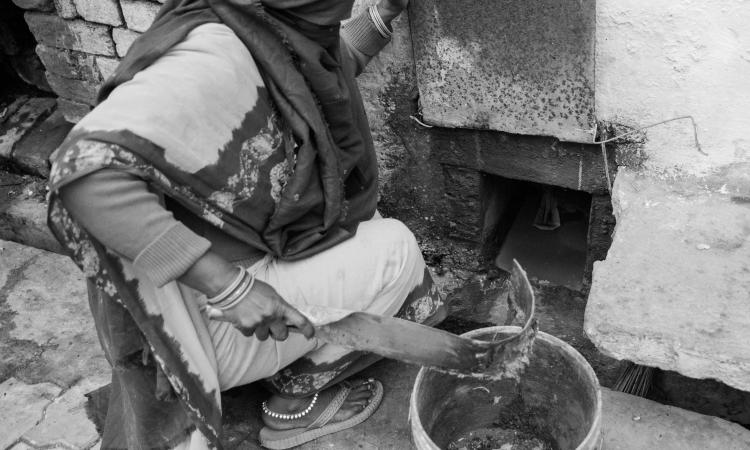
States resort to under-reporting of manual scavengers in the final verification stage
The Centre has identified 54,929 people across 170 selected districts as manual scavengers. The state governments, however, have confirmed the involvement of only 25,015 people in the job in the final verification stage. While Bihar, Haryana and Telangana have denied the presence of even a single manual scavenger, Madhya Pradesh, Uttar Pradesh, Rajasthan, Tamil Nadu and Punjab confirmed only a fraction of people involved in the job. It is only Maharashtra that has verified the presence of all 5,638 people who registered themselves as manual scavengers. The states' justification for the under-reporting is that many people were faking their status as manual scavengers to get the one-time rehabilitation amount of Rs 40,000.
Almost half of the drinking water samples fail to meet FSSAI quality standards
As per the survey conducted by the Food Safety and Standards Authority of India (FSSAI) in 2017-18, 496 samples of packaged drinking water out of 1,123 taken from across the country, have failed to meet the quality standards prescribed by the FSSAI. The government has attributed this to lack of clean drinking water which has resulted in high demand of packaged water. Moreover, in most cities, several small unlicensed bottling plants have come up which do not follow any norms. Thus, low investment in setting up a plant, high demand of clean water and high returns have led to unregulated growth of small packaging units.
Maharashtra adds 931 more villages as drought-affected
The state government has added another 931 villages to the list of drought-affected villages. With this inclusion, the total number of drought-affected revenue circles in the state has gone up to 318. As per the government, the villages which received less than 75 percent of average rainfall and where farmers have reported crop yield of less than 50 percent can be declared drought-affected. Although these villages will not be getting the Centre's aid, they will be eligible for relief measures from the state government. So far, 60 percent of farmers in the state have been hit by drought.
Heritage tag proposed for Beas river to save it from pollution
The Punjab Wildlife Department has proposed a heritage tag for the Beas river so as to save it from being further polluted. The proposal which has been put before a committee of experts, if approved, will lead to the preparation of an action plan to clean and save the river. As per the proposal, Beas is the only living river in Punjab and it is home to rare aquatic wildlife, including the Indus dolphin, smooth Indian otter, turtle species, 500 bird species, 90 fish species and hundreds of plant species. The wildlife department has also sought the chief minister's nod to declare the Indus river dolphin as the state aquatic animal in order to safeguard it from getting extinct.
Villages in Uttarakhand threaten to boycott polls, thanks to water crisis
Demanding a drinking water scheme, people across 40 villages in Pauri Garhwal district in Uttarakhand have threatened to boycott the upcoming Lok Sabha elections if the water crisis in their area is not resolved. The villagers have claimed that they have not been getting drinking water for months and have been getting false promises from the government on initiation of work on a new drinking water scheme in the area. However, as per the officials, work on the revised scheme is under progress and villagers are getting water even now although the flow is reduced due to the dip in the inflow at the source.
This is a roundup of important news published between December 27, 2018 - January 6, 2019. Also read policy matters this week.
/articles/manual-scavengers-get-under-reported